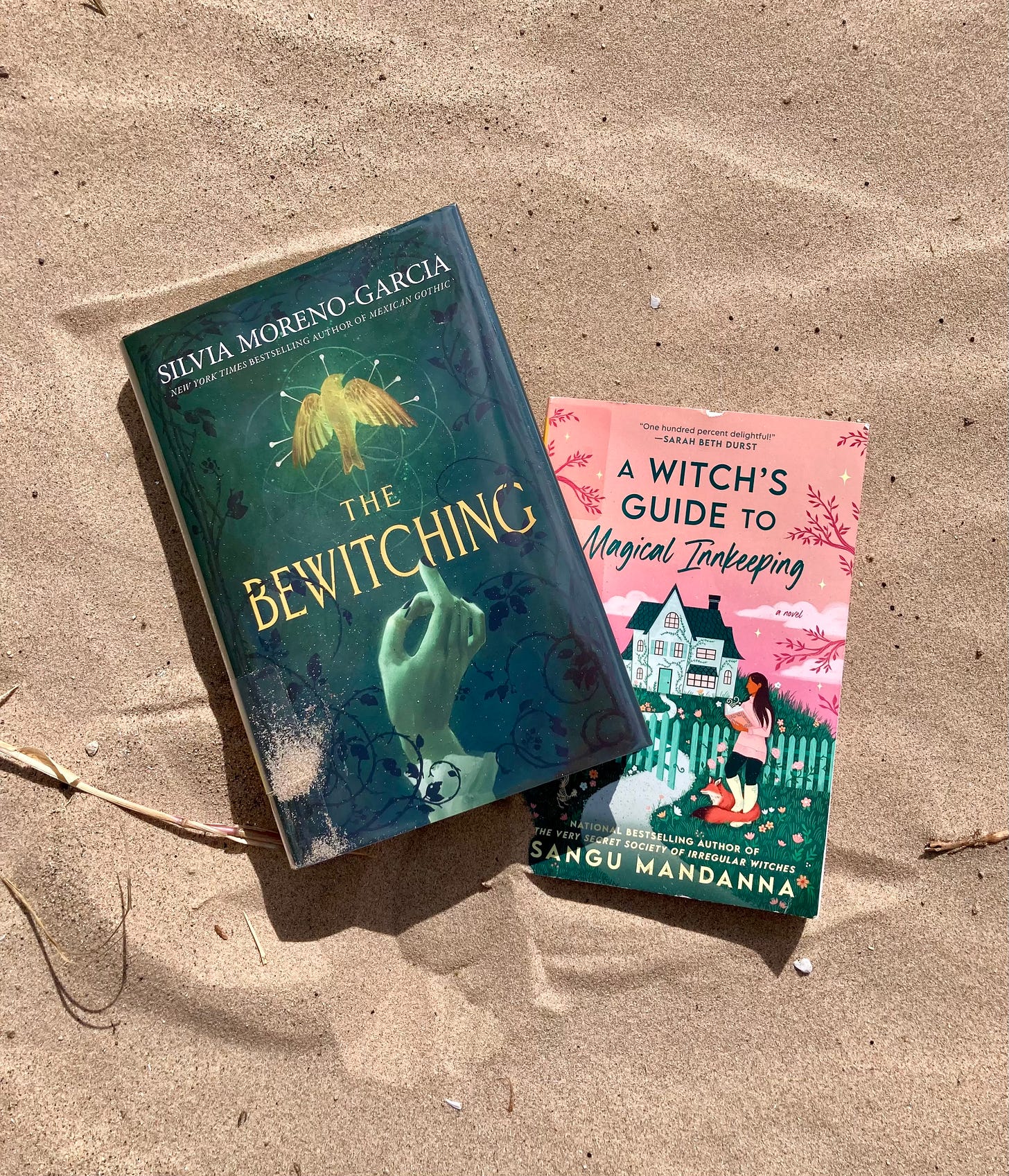Will I Ever Resolve These Plot Holes?
The Messy Process of Managing Reader Feedback
After finishing my latest draft of my fantasy novel (which I called Book 1 in my previous posts), I sent my manuscript to a handful of readers. When I received their responses, I quickly learned feedback is a double-edged sword. On the one hand, I love the phenomenal questions and plot holes the readers pointed out. They identified what isn’t clear for someone who isn’t in my head, which is exactly what I wanted.
However, integrating feedback creates a significant amount of additional work. Some fixes are quick and easy. Some require substantial changes, such as deleting chapters and writing new ones.
In the long term, the story will be better, so investing the time and effort to make the changes is worth it. But in the short term, everything’s a mess.
The feedback made me tear up my manuscript (only metaphorically, I promise), and I’m now in the process of slowly piecing it all back together. The process has required me to sit in so much discomfort.
How Things Began
After receiving some feedback from my husband (he’s an honest German, remember), I almost scrapped everything and opened up a blank page. I knew what he said was true, and I knew I could improve the writing and the story. Sometimes blowing everything up and starting over is a necessary step, but not in this situation.
Instead of making a reactionary decision, I took a beat to digest his comments and realized what was happening. I was overreacting and fell into a pattern of creating unnecessary drama in my life. If I started from scratch, I would be avoiding what I really needed to do—spending time with the words on the page.
How Things Are Going
Some days, I hate the words. None of them makes sense.
On those days, I want to rub my eyes raw. Twirl my hair into knots. Stare out the window. Scroll on Instagram. Read a book. Make a tea. Check my email. Go for a walk. Clean bathrooms. And I hate cleaning bathrooms.🚽
I want to do anything besides sitting in the discomfort of editing the latest draft of my book. Yet it’s precisely what I need to do.
I reread sentences out loud over and over again until they flow. I meditate or go on a walk, thinking about a chapter. I create a list of what’s bothering me, then I go back and fix the items on the list. With a fresh pair of eyes, I give the chapter a final pass.
The more time I spend with the text, carefully crafting my words, the words eventually make sense. My writing improves. I become a stronger self-editor. Sitting in discomfort gets easier.
What’s Left To Do
I’m in the process of ironing out a long list of plot holes. I started at the beginning, and I’m working my way through the entire manuscript. I’m about a fourth of the way done.
If I think about all the work that I still have to do, I get overwhelmed and don’t want to work on my manuscript. (That’s why I wrote this blog instead!) However, if I focus on baby steps, such as editing my manuscript sentence by sentence, it becomes more manageable. After I start working on a sentence, a sentence turns into revising a paragraph, which turns into completing a chapter.
Slow and steady has been my motto. I’ve kept my calendar clear to give myself the time and space to work on a chapter for as long as I need. Of course, it’s taking longer than I thought, but slow and steady progress is better than no progress.
Book Talk
It’s 👻spooky season👻, so I’m obsessed with every and any book about witches! If you ever read a witchy book you love, please share it with me!🧹🧹🧹
A Witch’s Guide to Magical Innkeeping by Sangu Mandanna was a sweet, charming tale about home and chosen family. Sera Swan, one of the most powerful witches, loses her magic and is exiled when she performs a spell to resurrect her aunt from the dead. Fifteen years later, she has the opportunity to restore her magic, but her nemesis knows her weaknesses—her friends and family. Although Sera can protect herself, she can’t protect them, so she must decide what is more important—magic or family.
Conclusion
I sometimes wish I could fast-forward until I’ve finished editing Book 1, and I’m querying.
But I’d be skipping over these juicy lessons like the importance of building discipline, perseverance, and consistency. Slow and steady is frustrating in a world of speed and instant gratification. But sticking with it has made me become a better writer, and I’m confident I will eventually resolve all the plot holes!!
Anyone else who’s in it, keep going. You got this!
Sending you a plethora of pumpkins,
Liza






